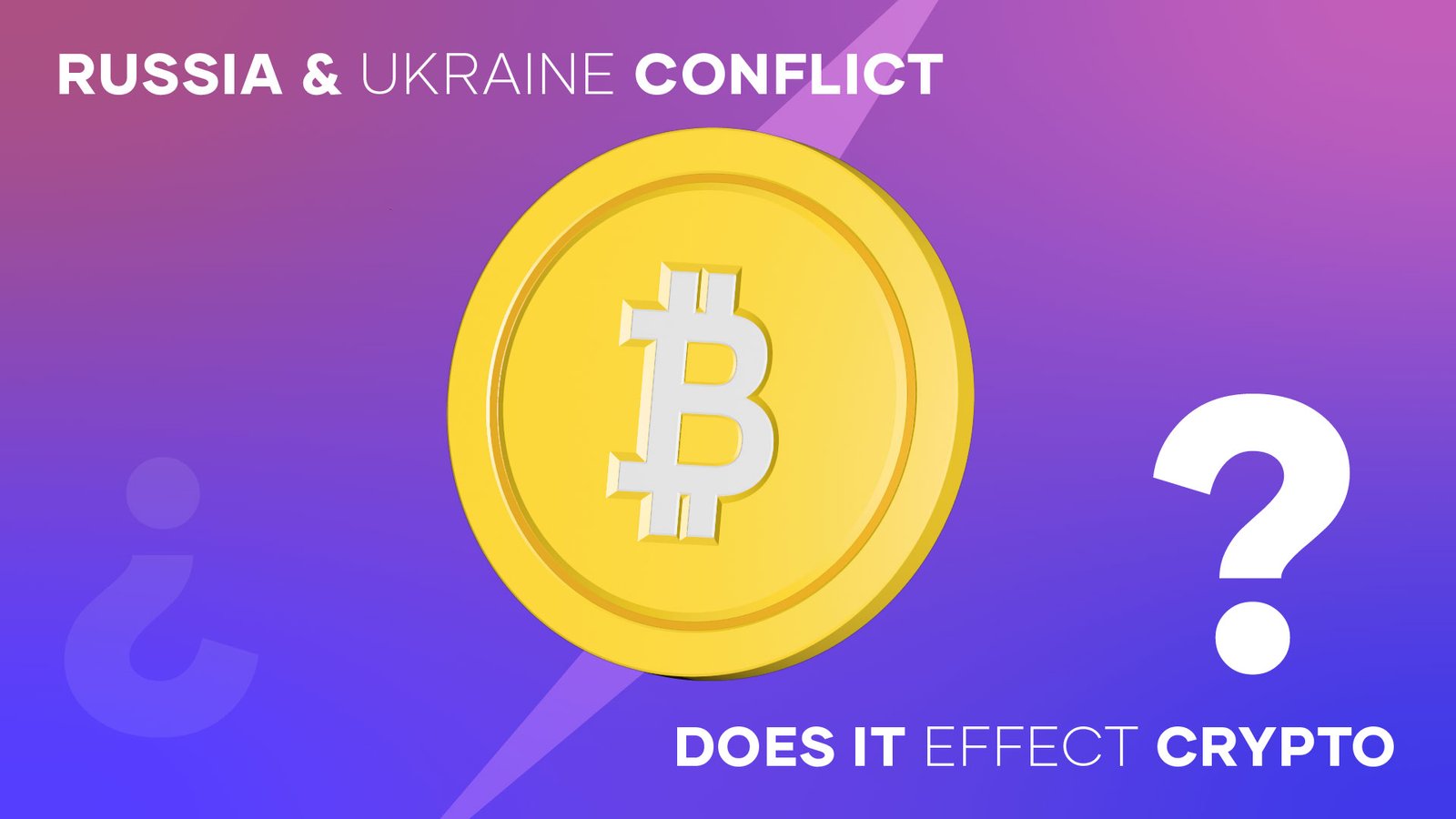
Before the conflict, many Ukrainians switched to cryptocurrency due to Russia’s military invasion. However, it continues to aid worldwide fundraisers through an obscure distributed network that Russia may use to evade restrictions.
On Friday, the Ukrainian government implemented sanctions against the Russian ruble, compelling Chobanian to stop trading bitcoin for roubles(ruble).
“The Cryptocurrency power rate has been declining since many producers in Ukraine and Russia have been hit by the Ukraine conflict,” Hayden Hughes, CEO of Alpha Impact, a trading media network, said in a statement on Sunday.
According to experts, bitcoin has become even more volatile due to Russia’s invasion of Ukraine last week.
One of the numerous costs of war is the world’s financial consequences. Researchers also expect a large human impact, with Ukrainian President Volodymyr Zelensky claiming that more than 100 Ukrainians were murdered on the first day after the attack. The assault has also thrown Ukrainian civilians’ lives into disarray, with many attempting to evacuate the nation. In contrast, Zelensky advises others to protect their homes against Russian soldiers and attacks.
Observing the bank stocks recover from the initial impact of Russia’s attack on Ukraine is bizarre. Isn’t it true that the global and social problems must sum up to something? Big Banks instead concentrates on Block’s upbeat forecast and Coinbase CEO Brian Armstrong’s claim that bitcoin winters are “so 2017.” The upbeat take: Markets are underestimating the long-term consequences of Putin’s actions. Who’s the pessimist? I’d rather not think about it.
The value of key cryptocurrencies is plunging as the conflict between Russia and Ukraine escalates. Bitcoin plummeted to $36,370 on Tuesday after rising steadily to $44,125 a week ago, while other popular digital currencies such as ethereum and Solana have also seen price decreases recently.
According to researchers, the reductions suggest that cryptocurrencies, in contrast to classic risk hedges like gold and U.S. Treasury securities, are a poor choice for investors seeking stability during periods of market upheaval.
In a research report, Yuya Hasegawa, a crypto market analyst for Bitbank in Japan, stated, “Bitcoin’s haven narrative has almost totally broken apart as the increased threat of military confrontation, and the worsening U.S.-Russia relationship puts the wider financial market in risk-aversion mode.”
“What amazes me is that crypto will now be front and center for use in this conflict by both Russia and Ukraine,” Network Information Centre analyst Michael Fasanello said.
Your bitcoin is useless in this situation. The Ukrainian Defence department has stated that it welcomes logistical and healthcare contributions but can only take fiat cash transactions to its savings account.
Russia has resisted the West, but is it up to the task of putting Limitation to the test? The penalties imposed by the Biden administration targeted Russia’s “corrupt” officials and their families but did not name cryptocurrency.
There’s a rising push to kick Russia out of SWIFT, the global payments network that handles $5 trillion in daily transactions, but there’s also concern that the move could return.
In theory, having access to crypto might lessen the severity of the penalty. “The Russians will rely on cryptocurrency to get over global sanctions that are killing their economy,” Fasanello predicted.
Putin just stopped the Bank of Russia’s efforts to outlaw cryptocurrency, which is telling.
Some people believe in the power of cryptography to the nth degree. “If the Russians determine — as I’m sure they have — to prevent using any currency other than bitcoins, they may successfully sidestep virtually all restrictions,” anti-money handling compliance analyst Ross S. Dalston told CNN.
On the other hand, governments are becoming increasingly adept at capturing cryptocurrency. Consider Canada’s decision to ban crypto wallets used by trucker convoy sponsors or the U.S. Department of Justice’s recent recovery of $3.6 billion in hijacked bitcoin. Cryptocurrency owners in Russia may be exposed the same way, especially if they try to pay out their coins.







